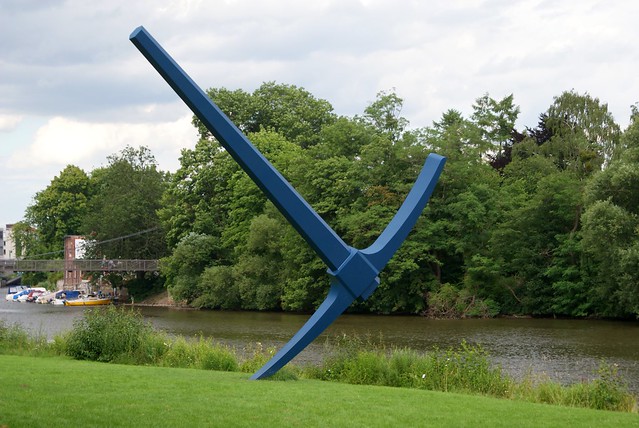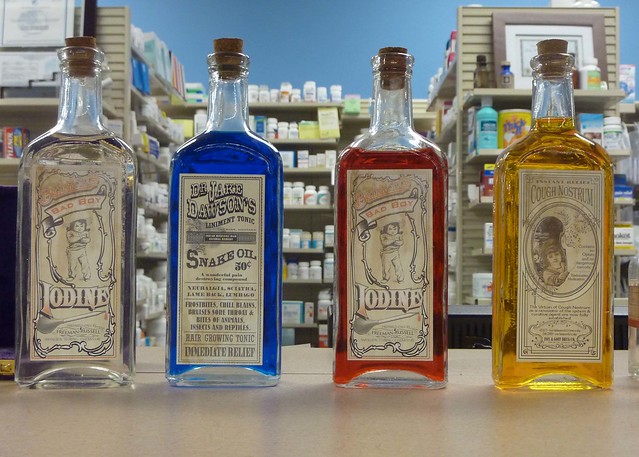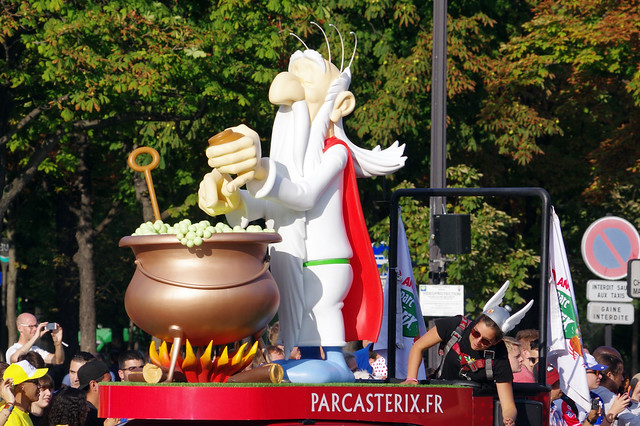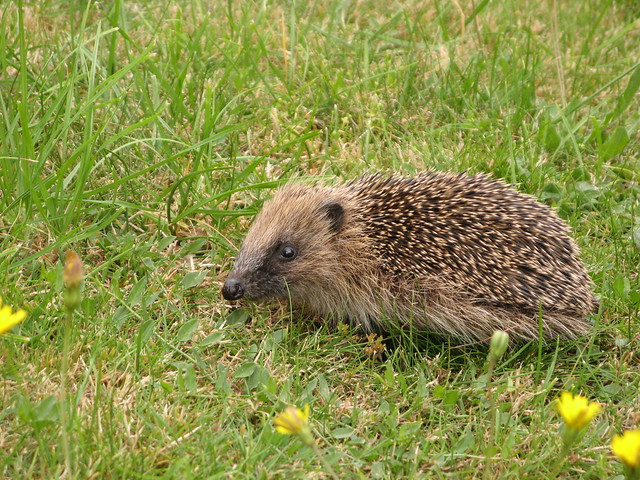
Here’s an interesting question that I was sent to me by email:
—————————–
I am curious as to why some of the languages that developed from Latin had to put an extra ‘e’ at the start of some of their words.
Here are some examples:
| Latin |
Italian |
French |
Spanish |
English |
| stēlla |
stella |
étoile |
estrella |
star |
| status |
stato |
état |
estado |
state |
| spero |
speranza |
espère |
esperanza |
hope |
| spōnsa |
sposa |
épouse |
esposa |
wife |
It looks as if the Gauls, and the people living in the Iberian peninsula, couldn’t cope with the st- and sp- beginnings, and had to stick an ‘e’ on the front. Is this because words in the Celtic languages they spoke didn’t have such beginnings? I can’t find any similar words in modern Welsh.
—————————–
Incidentally, the words for hope have a cognate in English – esperance, which is a old word for hope or expectation [source], and the ones for wife have a cognate in spouse (husband, wife).
Let’s look at the origins of some of these words to see how they have changed over time.
The Latin word stēlla (star), comes from the Proto-Italic *stērolā (star), from Proto-Indo-European *h₂stḗr (star). This became estoile/esteile/estelle in Old French, and estoile in Middle French. It was (e)strela in Old Portuguese and estrella in Old Spanish So the extra e has been there for a while [source].
In Proto-Celtic the word for star was *sterā, from the same PIE root as the Latin stēlla. This became *ster in Proto-Brythonic, Old Breton and Old Cornish, and ster in modern Breton and Cornish. So at least some speakers of Celtic languages could cope with the initial st-. In Old Welsh it was *ser, in Middle Welsh it was ser / syr, and in modern Welsh it’s sêr. It was also borrowed into Old Irish as ser [source].
The Latin word status means state, status, condition, position, place or rank. It became estat in Old French, from which we get the English word estate. Meanwhile in Old Spanish it was (e)strela, and in Old Portuguese it was estado [source].
It was borrowed into Old Irish as stad (stop, stay, delay), which is the same in modern Irish [source]. Proto-Brythonic borrowed it as *ɨstad from the Vulgar Latin *istatus, this became (y)stad / (y)stât in Middle Welsh and ystad (state, condition, situation) in modern Welsh [source].
Do any of you have any thoughts on this question?












